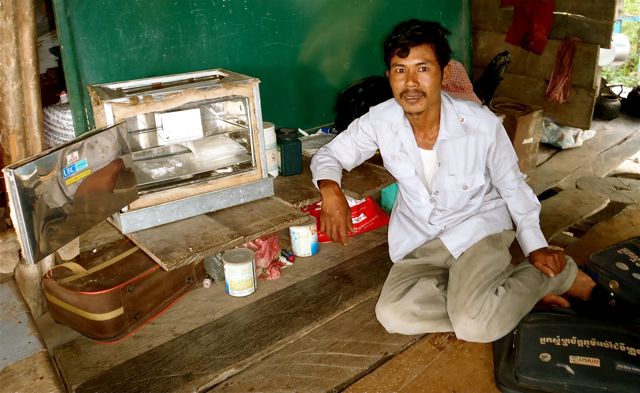
The Department of Health calls on the public to heed the government’s call for unity and action against Malaria by following the four ways to prevent it.
First, sleep under the mosquito net every night. Disrupting malaria transmission is more effective if the mosquito net is treated with insecticide.
Second, wear long sleeves and long pants and other personal protection measures like applying insect repellant and lighting mosquito coil, which can be undertaken during night time activities.
Third, people who reside in a malarious area or people living in a non-malaria endemic area and traveled to a malarious area and has developed signs/symptoms of malaria are advised to consult the health worker.
Fourth, for suspected malaria cases, blood examination for malaria parasites through blood smear or Rapid Diagnostic Test, in case there is no available microscopy center in the community, is important to identify the malaria parasite species for appropriate treatment.
Follow the advise of the health workers by completing the prescribed number of anti-malarial tablets to be taken, DOH said.
Pursuant to Presidential Proclamation 1168 signed by President Gloria Macapagal Arroyo in 2006, the Philippines commemorate the month of November as Malaria Awareness Month.
This is two year earlier than the commemoration of the 1st World Malaria Day on April 25, 2008, with the realization that the fight against malaria can be won if partners come together and harmonize their efforts for an efficient collaboration to fight this dreaded disease.
Malaria is the 8th leading cause of morbidity in the Philippines, affecting most Filipinos of productive age group, and vulnerable groups which includes pregnant women, children and indigenous population groups, and continues to be a major impediment to human and economic development in areas where it persist.
Malaria remains endemic in 65 of the 79 provinces affecting 12.5 million Filipinos, with pockets of high endemicity along municipal/provincial borders, in far flung remote areas and barangays populated by indigenous cultural groups and’ areas with socio-political conflicts.
Malaria remains endemic in 65 of the 79 provinces of the country affecting 12.5 million Filipinos, with pockets of high endemicity along municipal/provincial borders, in far flung remote areas and barangays populated by indigenous cultural groups and’ areas with socio-political conflicts.